The land of the Bani-Mansour clan north-east of Basra is flat and parched, spattered with dry crusts of salt and thorny shrubs. Clusters of palm trees form small patches of green in the otherwise dusty yellow and brown landscape.
Nestled among them are about a dozen berms, each enclosing an oil well and its pump. Pipelines snake over the ground, cutting through villages as they connect wells and pumping stations. Oil rigs tower over the southern Iraq landscape, sending plumes of thick black smoke across the horizon.
The land sits above the West Qurna oilfield. One of the most lucrative in the world, it is owned by the Iraqi government and run by Exxon Mobil. After years of sanctions and neglect, oil production in southern Iraq is picking up. A two-lane road that crosses the Bani-Mansour land has become a busy highway for trucks carrying drilling equipment and busses ferrying foreign oil workers back and forth. The windows of nearby homes rattle as the traffic passes.
The opening up of Iraq’s enormous verified oil reserves to foreign expertise in the aftermath of the fall of Saddam Hussein was hailed as the means to kickstart its economy and potentially transform the south into an economic stronghold. Instead, ordinary Iraqis have seen little or no benefit from the proceeds of the country’s multibillion dollar oil industry, much of which has been siphoned off by corrupt politicians. Across the south in recent months, simmering anger over corruption and unemployment has been fuelled by the dire state of public services, regular power cuts and water shortages.

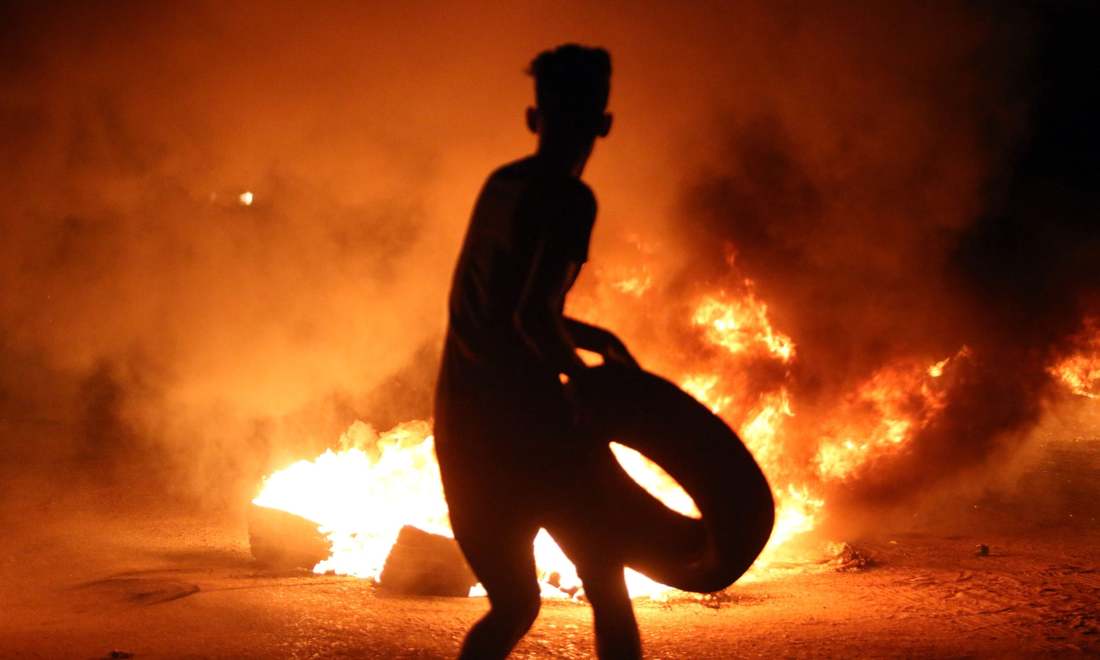
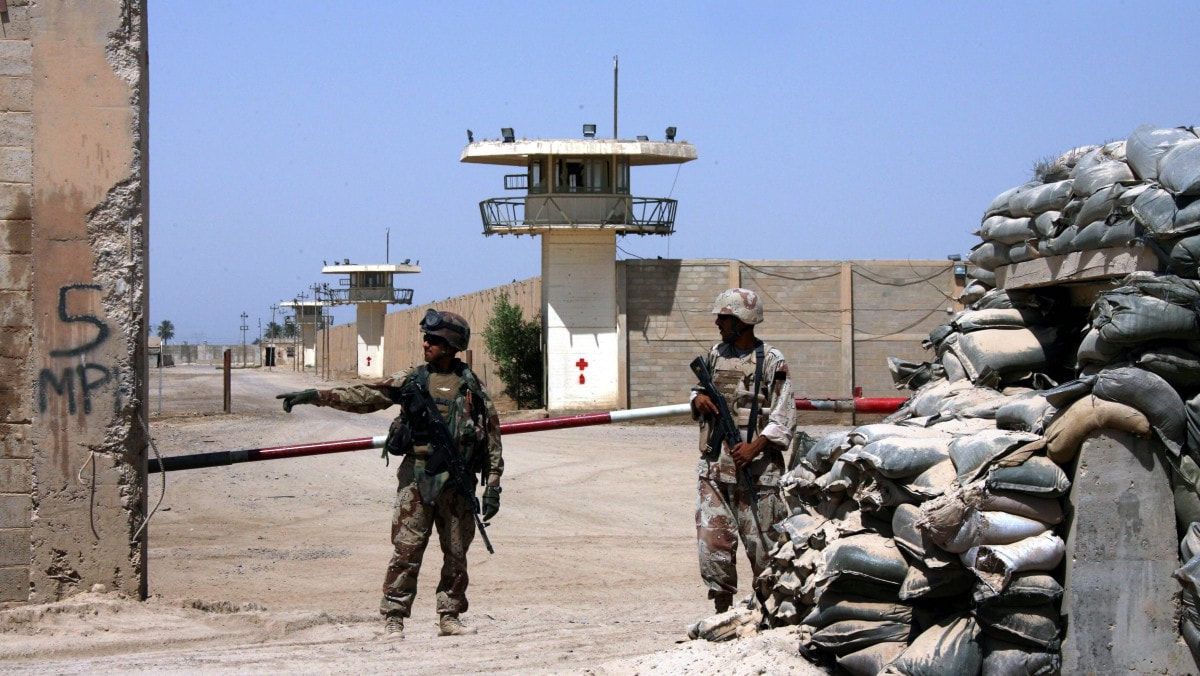
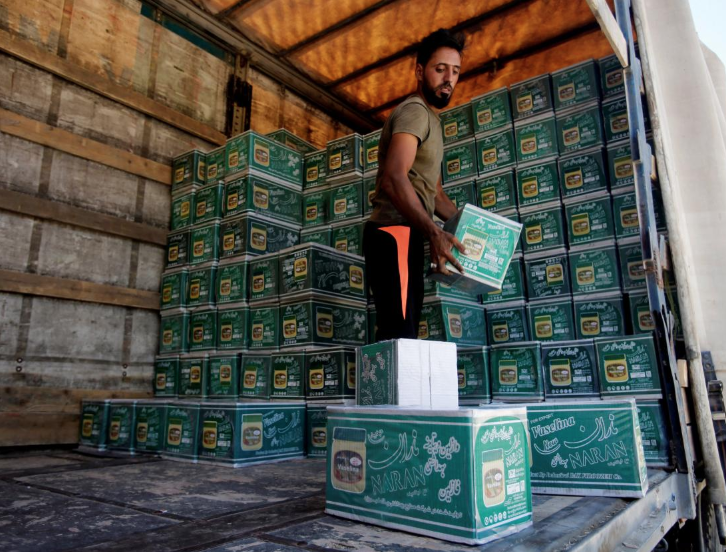
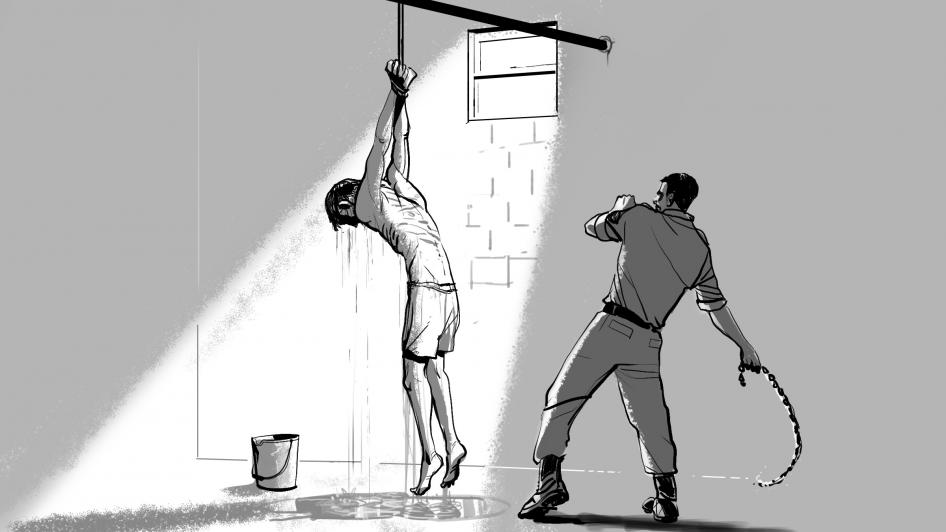
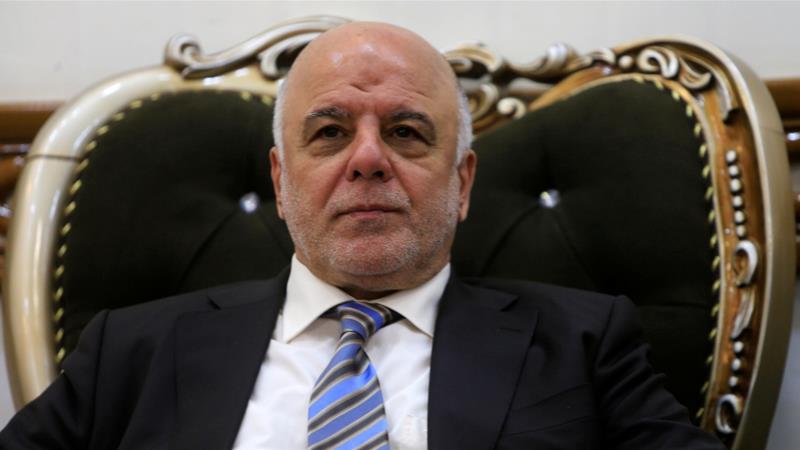
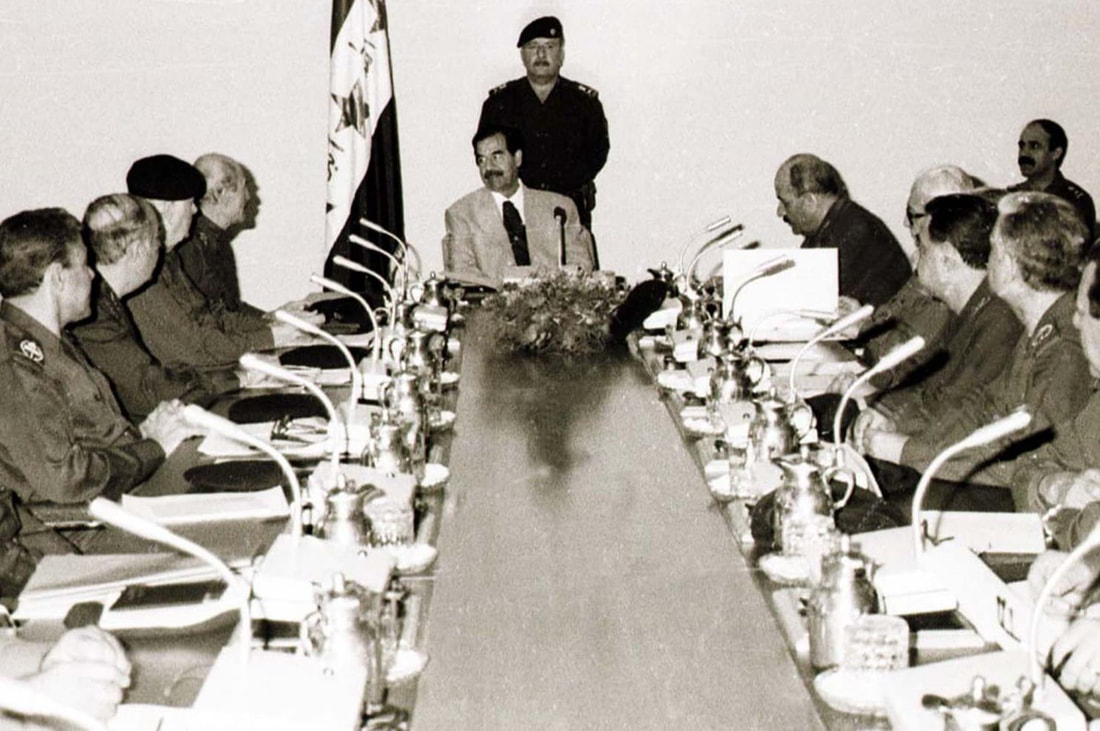
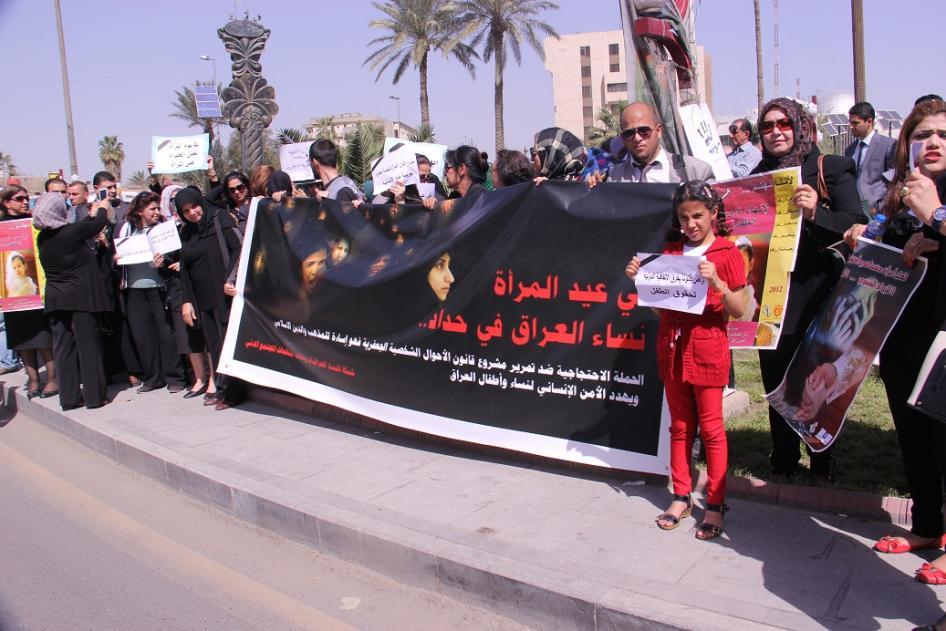
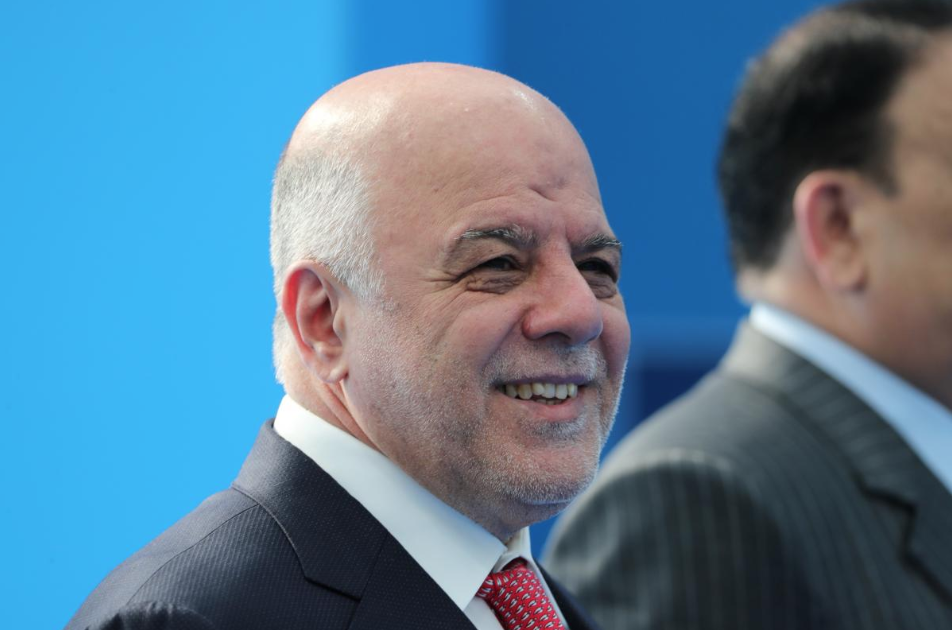
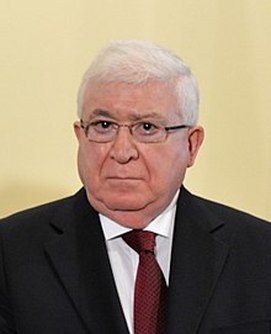
 RSS Feed
RSS Feed